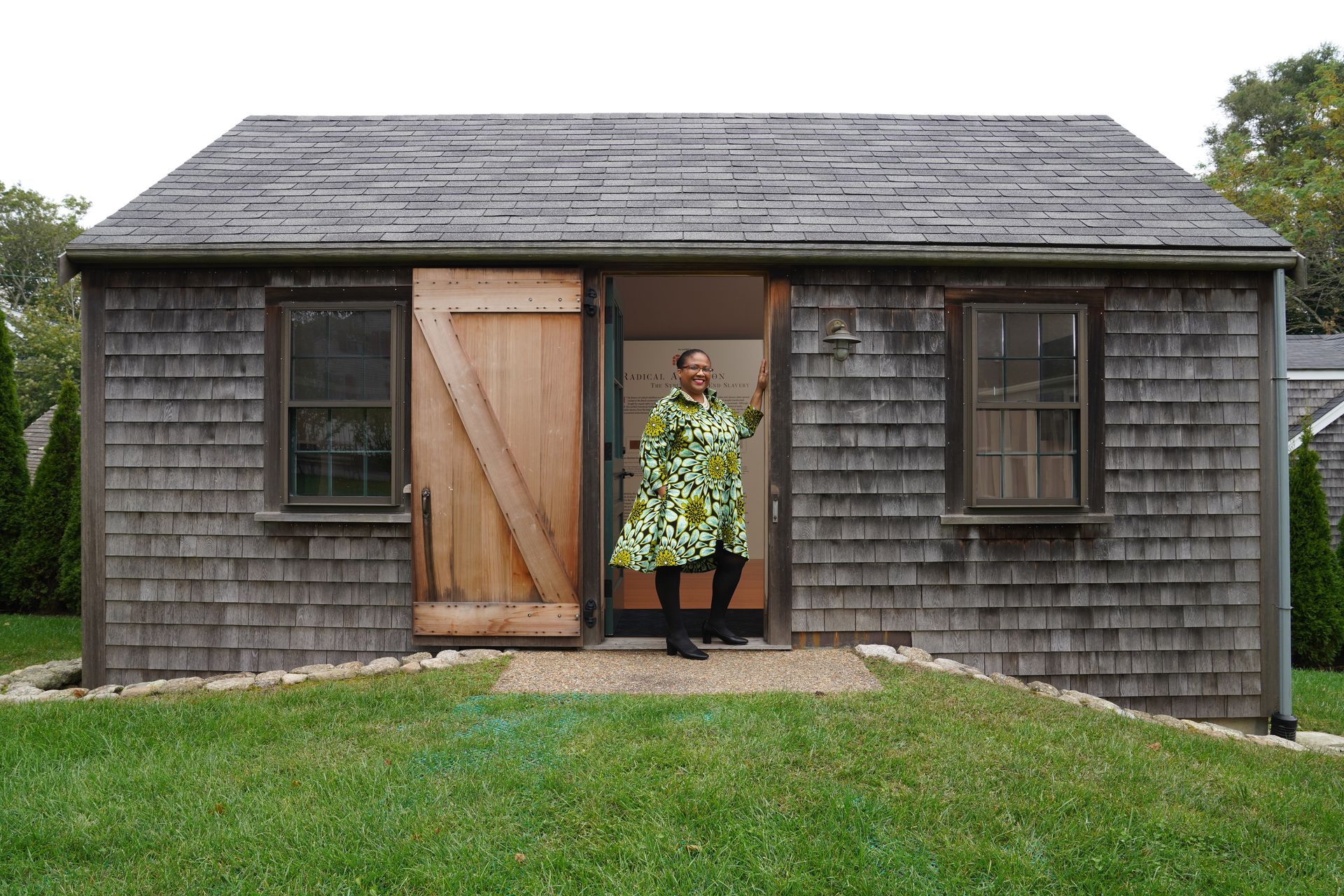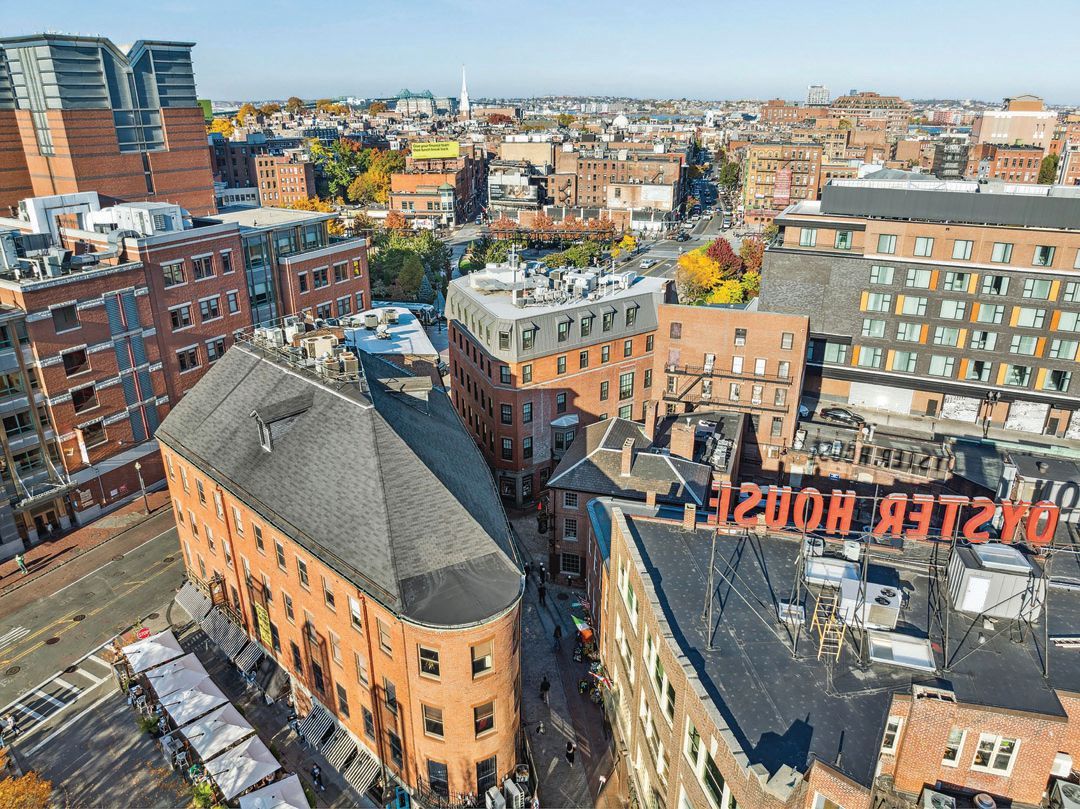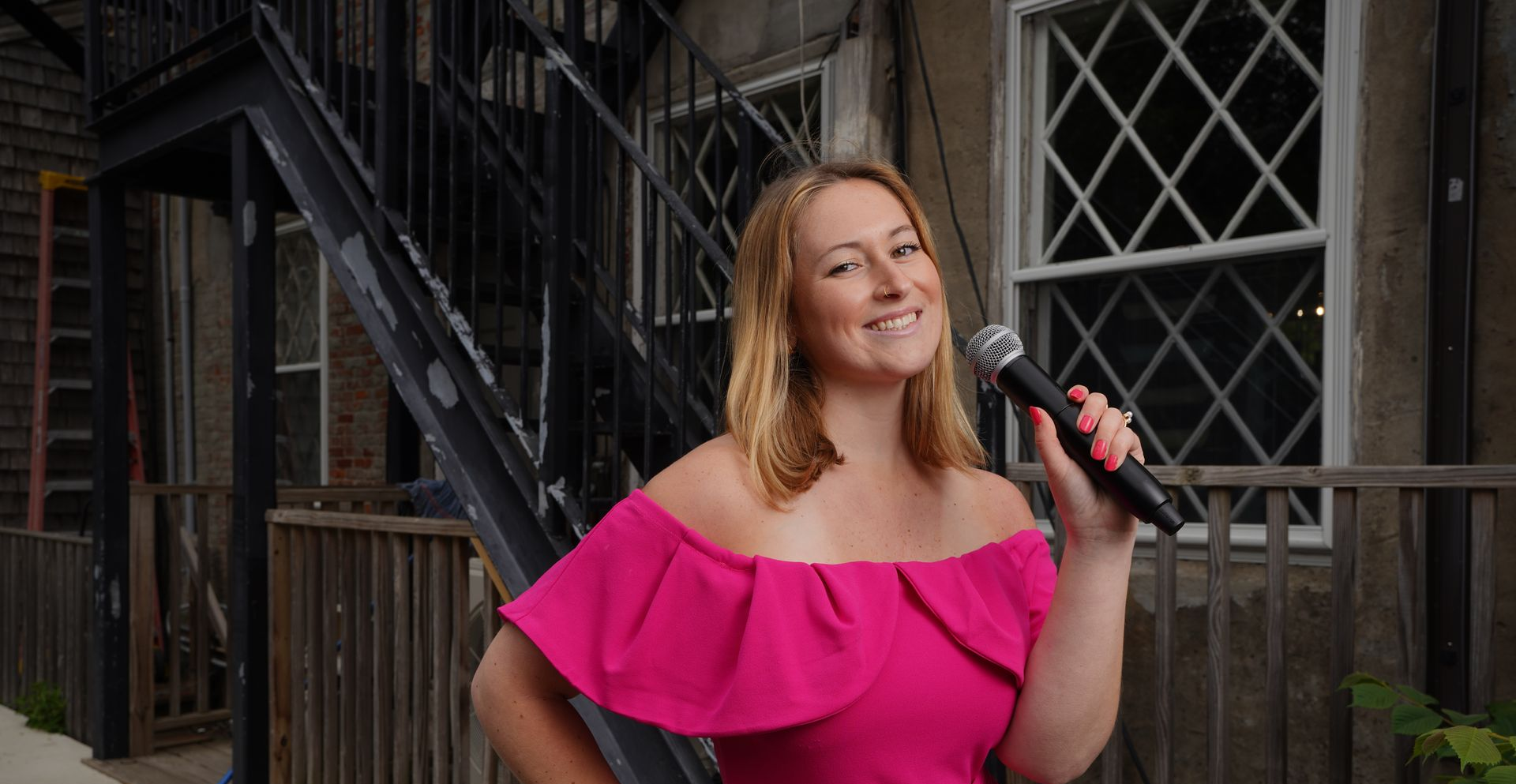ECONOMIC FORECAST
Harvard economics professor Gregory Mankiw analyzes the state of the economy.
Gregory Mankiw is considered one of the most influential economists in the world. As the Robert M. Beren Professor of Economics at Harvard, the author of several bestselling books and a regular columnist in the Sunday business section in The New York Times, Mankiw is the most frequently quoted author on college syllabi for economics courses. Mankiw served as chairman of the Council of Economic Advisers under President George W. Bush and also served as economic advisor to former presidential candidate Mitt Romney. Mankiw long identified as a Republican until his dissatisfaction with President Trump forced him to switch his party affiliation. N Magazine sat with Professor Mankiw at his Nantucket home to discuss various issues and concerns related to our current economic situation, and he provided thoughtful and valuable insights as to where we may be headed.
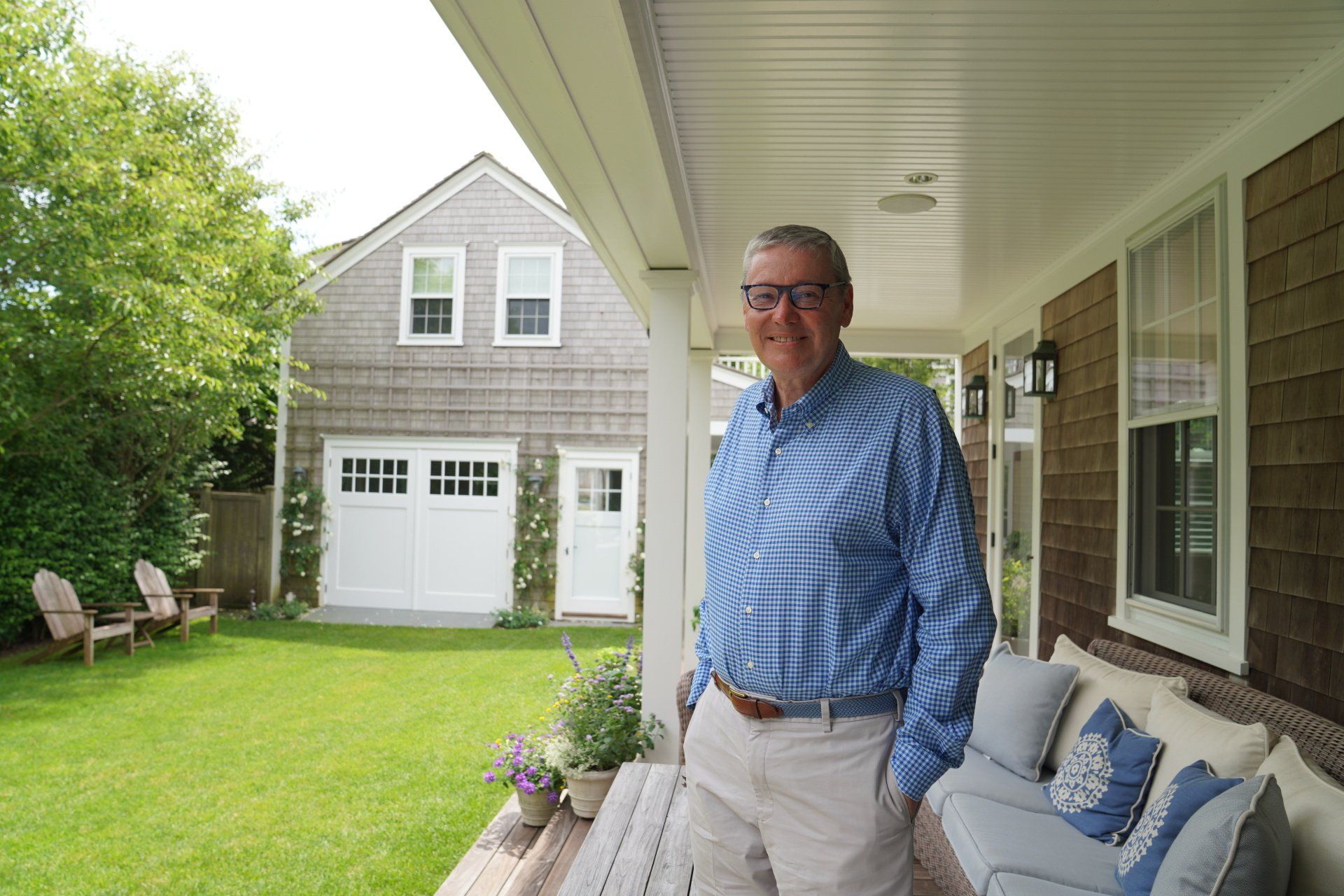
We are in a period of economic uncertainty right now. The only thing that I believe people are certain of is it may get worse before it gets better. What do you think has precipitated the situation we are in?
The two words that economists use most often are supply and demand. There have been amazingly profound developments on both sides of that equation. Early in the Biden administration, a lot of economists, including myself, were suggesting that we had too much stimulus in the system and that we were risking inflation. I wrote an article about that in The New York Times in early 2021. I think even those of us who were worried about inflation didn’t envision the 8.5 percent that we’re facing right now. Because in addition to what I think were policy mistakes on the demand side, they were given a variety of supply developments associated with the pandemic, and now Ukraine, that have reduced the demand for goods and services. The combination of too much stimulus on demand and then adverse surprises on the supply side have led to the inflationary situation we find ourselves in now.
Money supply has increased by 40 percent in the last three years. What does that correlate to in a formulaic way?
The quantity theory of money suggests that you’re going to get 40 percent inflation. What is your feeling that the net result is for this dramatic increase? Economists are divided on how much to look at the money supply as the right measure of demand. That’s particularly true when interest rates are very low because the cost of holding cash is not very high when the alternative things are earning only 1 percent. I think economists are of two minds as to what the money supply is. What’s very clear is that there was a lot of monetary stimulus put in because we had a variety of rescue packages in the Trump administration, and then finally the Rescue Plan at the beginning of the Biden administration. The Fed kept interest rates very low, so basically, these rescue plans are financed by printing money and handing it to people. They stuck it in their checking account. Eventually, people are going to spend it. That’s what leads to inflation. As you pointed out, the quantity theory of money is still in my textbook. That’s part of the story, but it’s probably not the entire part of the story because it wasn’t just the money supply. It was also what’s going on, on the fiscal side. It’s quite important.
How bad does inflation get? And how draconian does the Federal Reserve have to get in order to tame it?
That’s the thousand-dollar question. That’s what everybody’s wondering. It’s clear the Fed is raising interest rates in order to slow things down. The question is how much do they have to do that? I don’t think they know. I don’t think anybody knows the answer to that question. The Fed, early on, thought that there were a lot of transitory factors that were going to work themselves out, and they didn’t need to do anything. That was probably too optimistic. But it probably wasn’t 100 percent wrong. I think some of the factors were transitory, and some of those things will work themselves out. I think the inflation is going to be coming down over the next year. I’d be very surprised if it stayed at 8.5 percent, but I’d also be surprised if it came down to their target of 2 percent.
Imagine a year from now, we have inflation at 4 or 5 percent. What’s the Fed going to do?
That’s a policy decision that they’re going to face, I suspect. If I had to predict, if it gets down to four, they’re going to say, “Well, we’re not all the way home yet, but it’s close enough.” I think we’ll start easing up once they see signs that inflation is coming down to four.
In the meantime, do you think they will need to have another interest rate increase?
I think so. I think they will. I think we’ll still probably see a couple more. It’s all going to be data dependent, what they’re doing. They’re always looking at the data. I think we’ll know more three months from now about whether what they’ve already done has started reducing inflation, and then some of the transitory forces working out. You’ve already seen this in commodity prices over the past June. Commodity prices have started coming down quite a bit. Some of these transitory supply factors may well ease.
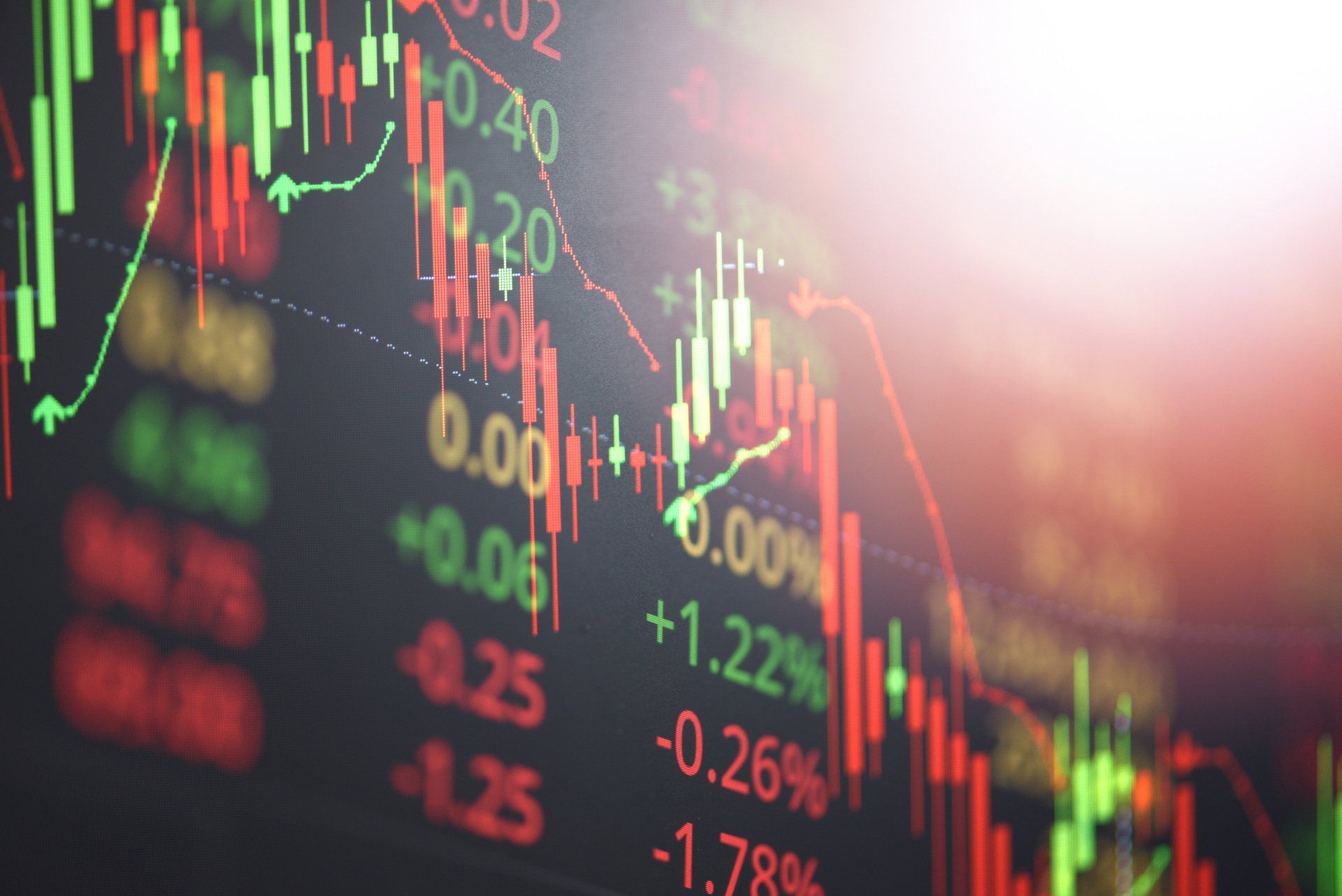
When the consumer goes from paying in the low threes for interest rates to the low sixes, or maybe even mid sixes eventually, how does that not put the total breaks on the middle market housing business?
I think it does. Completely. In fact, I think the sector that’s probably most immediately affected by tightening monetary policy is precisely residential real estate because people see their mortgage rates go up, and they say, “I can’t afford what I thought I could afford...” If you go back a year, the housing market was already booming. The Fed, at that point, was still buying mortgages and keeping mortgage rates down. In retrospect, that was clearly a mistake. They should have looked at the housing market and said, “Huh. This is how the housing market’s booming, maybe we’re putting a little too much stimulus in.” And they should have started tapering earlier, but they didn’t and so we’re now playing a little bit of catch up.
The multiplier effect of a rapidly declining housing market, certainly in terms of consumption, is significant. People aren’t buying washing machines; they’re not buying furniture. Will this inevitably yield a recession?
In economics, nothing is inevitable. I always avoid the use of the word inevitable. I think it’s more likely than not that we’ll have a recession. In fact, I think it’s possible that we’re already in a recession. Because we saw negative growth in the first quarter—the second quarter data is not out yet as we’re speaking, but the people who are guessing what it’s going to look like think it might be negative this quarter. In which case, I wouldn’t be surprised if looking back, we say, “Gosh. The recession started a few months ago.” We’ll find that out. But I think over the next year, I’d be quite surprised if we don’t have a recession.

People in Nantucket are certainly more impacted by the stock market than most, because people either run public companies, have large positions in public companies or manage money of public companies. Economists don’t tend to be stock market prognosticators, but what is your view? Has the market baked in the bad news?
Certainly, a lot of bad news is already priced into the market. You’ve seen a very big decline in both stock and bond prices over the past six months. You’re absolutely right that the best economists are not stock market prognosticators. In fact, I think the best economists avoid that, and most of them follow sort of the standard buy-and-hold policy saying, “I can’t time the market. I’m going to set an asset allocation that I feel comfortable with and I’m going to stick to it no matter what.” That’s certainly what I do. I think the market’s priced in a mild recession right now. If it ends up being a bad recession, I mean, if they go back to 1982 when [then-Fed Chair] Paul Volcker tried to get inflation under control, that was a very deep recession in 81–82. The market is not that priced in.
If you were a betting man, would you predict a mild recession or a serious recession?
I would predict a mild recession because I don’t think [Fed Chair] Jay Powell’s going to decide he needs to squeeze inflation all the way back down to two, quickly. I think he’s going to say, “Well, if it moderates, if it gets down from eight and a half, where it is now, down to four, I can ease up a little bit and we’ll get back to two over the course of time.” That’s my guess.
The economy moves in cycles, which obviously is why we can predict the future because we’ve seen this before. But have we seen this before? We’ve never seen rates go up this quickly. The level of stimulus has been unprecedented in modern times. We now have Ukraine. Have we seen this before?
It’s never exactly the same as anything before, but there’s certain patterns that we see. Go back to the high inflation that we experienced in the ’70s. That sort of started by excessive spending on the Vietnam War in the late ’60s, and then came with adverse supply shocks due to OPEC, also some harvest failures in the early ’70s. So we’ve seen situations where inflation ramps up. My sense is that inflation is not quite as embedded now as it was then. I mean, people back then sort of thought they were living in a permanently high-inflation world. They were expecting 8 percent raises every time they got their annual salary letter from their boss. I don’t think we’re in a situation now where people are expecting persistently high inflation. That could change; these expectations could change. But I think if you look at the best measures of expected inflation, I think people are expecting it to moderate over the next few years. So we’re not quite in as bad a situation as the one that Paul Volcker faced when he was appointed Fed chair in the late ’70s.

Ray Dalio has drawn very clear parallels to the rise and fall of empires, how the Dutch used to control the world, and the British, and obviously further back the Romans, and now here we are. So the length of time that these empires lasted is about 240 or 250 years. Just so happens, America is 245 years old. We have China nipping at our heels. This is a big question, but do you think America has seen its best days, and that the future is going to be one of decline? Or do you see, do you feel we have the ability to sustain our position as the global superpower?
I think we certainly have the potential to maintain our position. Whether we have the political will to do so I think is more difficult. One of my favorite quotes in economics is from Adam Smith. He said basically—I’m paraphrasing—little is required to bring a state from lowest barbarism to greatest opulence, but peace, easy taxes and a tolerable administration of justice. That’s really what’s made the United States so successful. We’re a relatively stable society, we’re not a very heavily taxed society, we’re a society that really believes in the rule of law. I think, fundamentally, we’re in a good position to maintain our economic dominance. That doesn’t mean those things will have to go on forever, right? Those are political decisions. And you see things like January 6th, and you start wondering, has the rule of law been undermined, and is it really fundamental? Or to me when I watched Donald Trump as president, it seemed like he wasn’t a person who deeply believed in the rule of law. So I worry about that. I don’t think it’s inevitable that the United States is going to maintain its dominant position. I’m hopeful, and I think we probably will, but it’s a political judgment as much as an economic judgment.
Is the strength of the dollar an expression of what you just said, that we are still the safe haven, or is there another reason why the dollar is so strong?
No, I think the U.S. is still the safe haven. This is one of the ironies, that when trouble starts in the United States, that tends to spread to the rest of the world. Everybody gets nervous, so where do they go? They go to the United States because that is the safest place. And people often talk about how the dollar is kind of the international reserve currency and will that stay the international reserve currency? Yeah, where else are you going to go? Is it going to go to the euro or to the yuan? I don’t think so. So I think you’re right, I think the dollar is the place to be. I don’t think it matters that much what the international reserve currency is, by the way. I don’t think the primary focus of policy should be that. But I think the United States still looks pretty good compared to the major, major places in the world.
Mitt Romney just wrote a pretty powerful op ed that is circulating around that if Donald Trump were elected president, the future of our democracy as we know it may be irretrievable. How do you view a second coming of Donald Trump as president?
I worked for Mitt Romney during his presidential runs. I have great respect for him. Donald Trump was relatively unhinged in his first term when he was running for reelection. If he got a second term where he’s not constrained, I suspect he’s going to be even worse. I’ve been a lifelong Republican until Donald Trump got the nomination and I basically switched my party. I just switched to an Independent because, as you know, in Massachusetts you can vote in either primary. So I voted in the Democratic primary for the first time in my life for Joe Biden, because I wanted a moderate Democrat who I thought could actually beat Donald Trump. I voted for Joe Biden. I don’t love all of his policies, but I think he’s kind of a normal politician. Almost any normal politician is, I think, better than Donald Trump.
The Democrats seem to have real problems. Do they have any reason for optimism?
The Democrats don’t have any obvious candidates; Joe Biden is getting quite old. Having watched members of my family, people decline as they get older; I think people decline at different rates so he can’t predict it perfectly, but people decline. To me, Joe Biden seems like he’s losing a step a little bit compared to where he was when he was younger. I’m sure that’s not going to get better. So, I worry that the Democrats don’t have an obvious candidate to put up against Donald Trump.
Jack Welch used to say no one ever made money by betting against America. Do you think there is something fundamental that is happening that is making America less than what it used to be?
I think there has been a polarization, which has not been healthy, but it’s not only true here—you see it in the rise of extreme candidates in France, say. This sort of nationalism, populism...Brexit’s another example. Sort of a rebellion against status quo and the typical sort of advice of the elites. So I think there’s forces around the world that are pulling people apart, which is not healthy. I’ll say two things. I wouldn’t bet against America, but I’d also make sure to diversify your portfolio internationally. So, I wouldn’t bet all in on America because I think...I’d predict the United States will still be the richest country in the world fifty years from now, but it’s not a sure thing.
If you were in the White House, making policy decisions relative to issues like income inequality that are dividing us, are there obvious things that you would do?
I don’t think there are any easy answers. There’s certainly particular policy I’d like to see. I’d love to deal more with climate change. I think there’s some clear paths forward there. But in terms of basic economic growth, inequality, those are hard things. The slowdown in economic growth, the rise in inequality has been unfolding for half a century. We shouldn’t expect to snap our fingers and reverse that quickly. It’s a tough nut to crack.
From an economic perspective, what would you do if you were in Joe Biden's seat?
I would get the best education economist around. I know I’m not one of them. I’m not an education economist; I don’t particularly focus on that, but I know some of them. I’d get them around the table and figure out what are the best things we can do to improve the educational system. Some of it is going to be hard for Joe Biden. For example, some education economists would tell you that the teachers unions are an impediment to improving the educational system, and they’re big political supporters of Joe Biden. So this is not politically easy. But in trying to figure out how to improve the educational system and maybe even spend more money on it, I’m not opposed to spending more money on education if we do it well. But trying to figure out how to do it well, I think, is the hard part.


